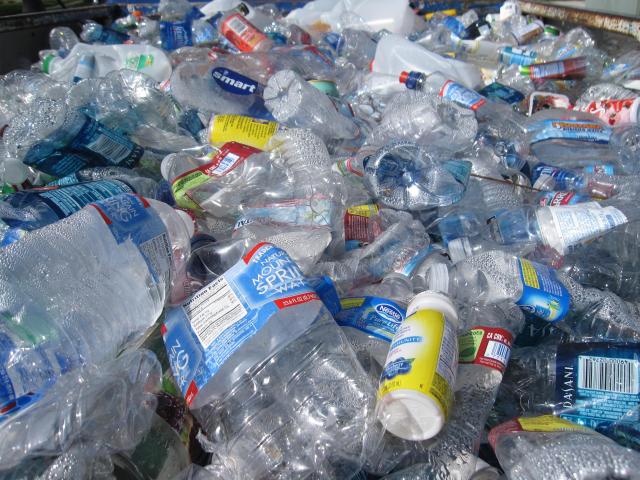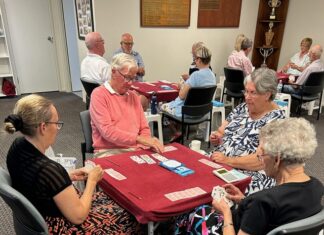Digital Edition
Subscribe
Get an all ACCESS PASS to the News and your Digital Edition with an online subscription
Beware of novice players
Dealer: W Vul: Nil
NORTH
♠ 74
♥ Q75
♦ QJ1082
♣ 543
WEST EAST
♠ KQ8 ♠ 105
♥ AKJ4 ♥ 986
♦ 76 ♦ AK9543
♣ AKQ6 ♣ 97
SOUTH
♠ AJ8632
♥ 1032
♦ --
♣...








